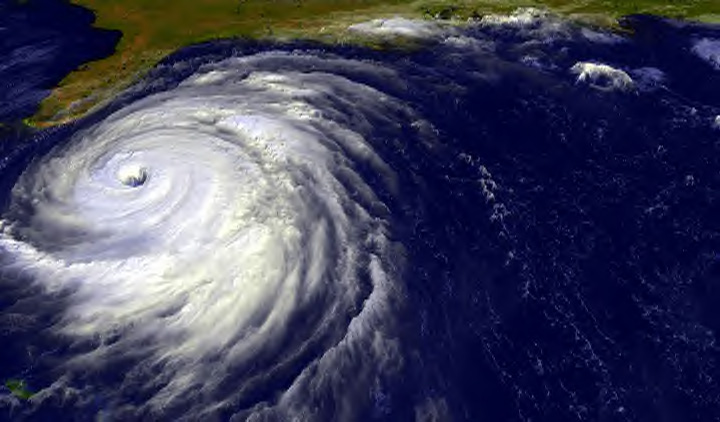According to the expert team at AccuWeather.com and Joe Bastardi, the Chief Long-Range Meteorologist and Hurricane Forecaster, the 2010 Hurricane season has the potential to be “extreme” and “much more like 2008 than 2009 as far as the overall threat to the United States’ East and Gulf coasts. ” Fortunately, threats to inland Polk County are lower than coastal areas. Nevertheless, anyone who remembers the 2005 hurricane season knows that even Polk County is at risk of devastating hurricanes. So ranchers and farmers are advised to make preparations for worst case scenario. “Hurricane Charley was a big one for Polk County, and there were three hurricanes that hit about the same time for the area, so it was pretty rough,” recalls Bridget Carlisle, a University of Florida Institute of Food and Agricultural Sciences (UFL/IFAS) livestock agent, Polk County Cooperative Extension Office, Bartow.
There is only so much growers can do to protect agricultural interests, especially fruit and vegetable crops and citrus groves. However, planning can go a long way. Robert Rouse, a citrus horticulturalist at the UFL/IFAS Southwest Florida Research & Education Center, Immokalee, has written checklists citrus growers can use for severe weather preparation, as well as post-hurricane checklists, which are available at the university’s web site.
Plans should include lists with employee contact information, and locations employees can be reached following a storm. Information for missing employees should be passed on to the sheriff’s office.
Equipment maintenance should be a top priority as well. Equipment can be useful in post-storm clean up, including clearing citrus groves and roads, as well as rounding up livestock. Equipment maintenance after the storm may be nearly impossible, especially if roads are blocked, so this is an important first step.
Much of the hurricane damage comes from wind-blown debris. Fastening or securing loose objects anywhere on farm property is essential in preventing damage. There is little growers can do to protect structures, especially large barns, but performing preventive maintenance now can thwart sheet metal and loose boards from becoming dangerous projectiles later.
Livestock should never be kept in barns or stables, because there is always a risk of structure collapse. “You don’t want to have them locked in one area. Give them as much free movement as possible,” Carlisle suggests. Inner gates should be opened, and the site should be a higher elevation to lower the risk of flooding and drowning. “The highest ground is important [. . .] flooding could be an issue in low-lying areas,” Carlisle points out. At least a week’s worth of feed and water should be available all season, because it may not otherwise be available following the storm. Vaccinations and first aid kits should be updated, and it is also a good idea to have a working relationship with a local vet.
The Polk County Sheriff’s Office reports that roadway traffic, not debris, poses the biggest threat to livestock: a risk that can be reduced with quality fencing. All pasture fences should be inspected and necessary improvements made, as weak fencing is more susceptible to damage, or becoming debris. Identification is also important, especially if livestock escape and mix with other herds. “Sometimes you can tie a tag into a horse’s mane or tail, but the important thing is that they’re permanently identified,” Carlisle explains.
The Polk County Sheriff Office’s Agriculture Unit is on-call throughout the hurricane season to assist farmers and ranchers, and can instantly be on-hand to assist any situation. “Whether that’s fixing fences or helping them contain livestock, we’ll assist them any way we can,” affirms agricultural unit Det. Paul Wright. The local sheriff’s office sends a deputy to the state emergency operations group in Tallahassee for logistics and communications once a hurricane is confirmed, and the sheriff’s office takes orders through the Polk County emergency management division’s Bartow headquarters.
The headquarters also allows the Sheriff’s Office to relay information throughout the county during the storm, and agricultural deputies have access to tools to assist growers in cleanup efforts after the storm, including winches, chainsaws, and power generators. As encouragement to all of us, Wright concludes, “Brace for the worst, and hope for the best. If you brace for the worst, it’s usually better.”
CREDITS
story by EVERETT BRAZIL, III

